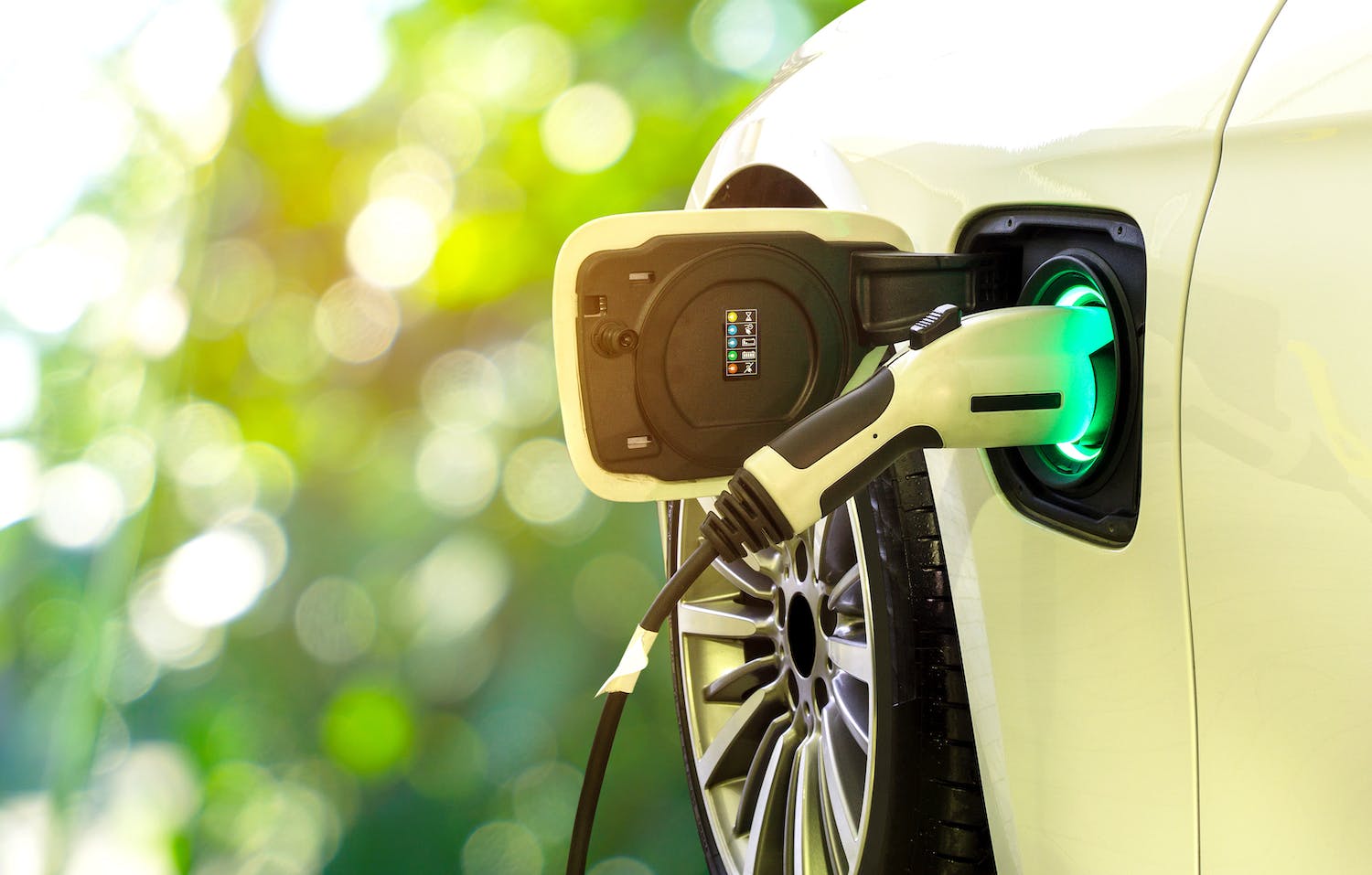
How Long Does It Take to Charge an Electric Car?
Electric vehicles (EVs) are becoming increasingly popular as more people look for sustainable and eco-friendly transportation options. One of the most common questions prospective EV owners have is, "How long does it take to charge an electric car?" The answer depends on several factors, including the type of charger, the car's battery size, and the current battery level. Let's delve into these variables to provide a comprehensive understanding of EV charging times.
Types of EV Chargers
There are three main types of EV chargers, each with different charging speeds:
- Level 1 Chargers (120-volt AC)
- Level 2 Chargers (240-volt AC)
- DC Fast Chargers (Direct Current)
Level 1 Chargers
Level 1 chargers use a standard 120-volt household outlet. They are the slowest charging option and typically add about 2-5 miles of range per hour of charging. This means that a full charge can take anywhere from 8 to 40 hours, depending on the battery size and current state of charge. Level 1 charging is best suited for overnight charging at home or for EV owners who have low daily mileage.
Level 2 Chargers
Level 2 chargers operate on a 240-volt system, similar to what is used for large home appliances like dryers. These chargers are significantly faster than Level 1, adding about 10-60 miles of range per hour of charging. Most public charging stations and home charging setups use Level 2 chargers. The time required for a full charge can range from 4 to 10 hours, making Level 2 charging a practical option for daily use and overnight charging.
DC Fast Chargers
DC Fast Chargers are the quickest way to charge an EV, converting AC power to DC and delivering it directly to the car's battery. These chargers can add 60-100 miles of range in just 20 minutes, depending on the vehicle and the charger. A full charge can be achieved in about 30 minutes to an hour. However, not all EVs are compatible with DC Fast Chargers, and frequent use of fast charging can reduce the battery's lifespan.
Factors Affecting Charging Time
Several factors influence how long it takes to charge an electric car:
- Battery Size
- Current State of Charge
- Charging Speed
- Vehicle's Onboard Charger
- Temperature and Battery Management System
Battery Size
The size of the battery, measured in kilowatt-hours (kWh), directly impacts charging time. Larger batteries take longer to charge but also provide more range. For example, a 60 kWh battery will take twice as long to charge as a 30 kWh battery at the same charging speed.
Current State of Charge
The current state of the battery, or its existing charge level, also affects how long charging will take. Charging from 0% to 100% takes longer than charging from 50% to 80% due to the way batteries accept charge. Most EVs slow down the charging rate as they approach full capacity to protect the battery's health.
Charging Speed
The power output of the charger, measured in kilowatts (kW), determines how quickly energy is delivered to the battery. Higher kW ratings mean faster charging times. For instance, a 7.2 kW Level 2 charger will charge a vehicle more quickly than a 3.6 kW charger.
Vehicle's Onboard Charger
The onboard charger in the vehicle dictates the maximum rate at which the car can accept power. If an EV has a 6.6 kW onboard charger, it won't benefit from a 10 kW charging station since it can only handle up to 6.6 kW.
Temperature and Battery Management System
Temperature affects battery performance and charging speed. Extreme cold or heat can slow down charging times. Most EVs come equipped with a Battery Management System (BMS) that regulates temperature and ensures optimal charging conditions.
Charging Scenarios
To provide a clearer picture, let's look at some common charging scenarios:
Home Charging (Level 1 and Level 2)
For home charging, EV owners typically use Level 1 or Level 2 chargers. A typical overnight charge with a Level 2 charger will replenish 80-100% of the battery, providing ample range for daily commuting. Level 1 chargers are more suitable for low-mileage drivers or as a backup charging option.
Public Charging
Public Level 2 chargers are found in places like shopping centers, parking garages, and workplaces. These chargers are ideal for topping off the battery while you run errands or during work hours. Depending on the charging station's power output, you can gain significant range in just a few hours.
Road Trips (DC Fast Charging)
For long road trips, DC Fast Chargers are essential. Located along highways and major routes, these chargers enable quick pit stops to recharge. With charging times ranging from 20 minutes to an hour, they make long-distance travel in an EV more convenient.
Charging an electric car can take anywhere from 30 minutes to several hours, depending on the type of charger, battery size, and other factors. Understanding these variables helps EV owners plan their charging schedules effectively, ensuring they always have enough range for their needs. As charging infrastructure continues to improve and technology advances, charging times are expected to decrease, making EVs an even more attractive option for all types of drivers.
Whether you're considering an EV for the first time or you're a seasoned owner, knowing how long it takes to charge your vehicle is crucial for a seamless and enjoyable driving experience.








